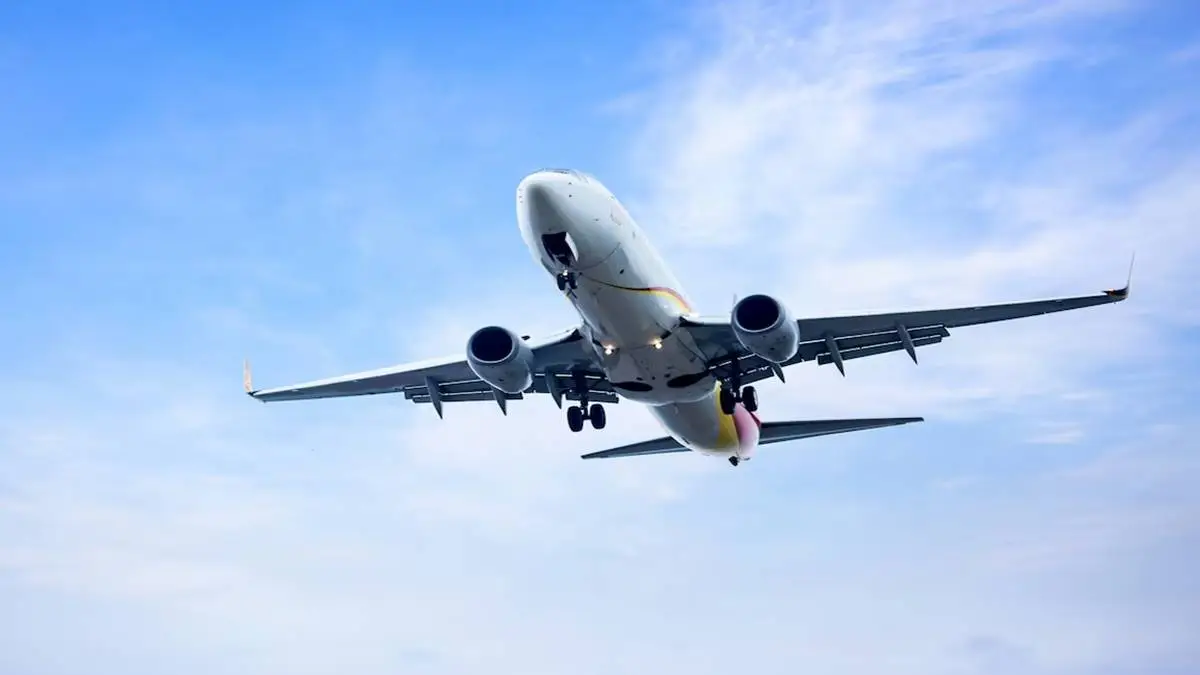Airlines face a highly challenging environment as “price takers,” with limited control over the costs of critical inputs such as fuel and aircraft, according to Marie Owens Thomsen, Chief Economist and Senior Vice President for Sustainability at the International Air Transport Association (IATA). She emphasised that narrow profit margins and fragile balance sheets further complicate efforts by airlines to diversify their revenue streams.
Challenges in the aviation market
In fast-growing markets like India, the increase in air traffic demand has raised concern over the trajectory of airfares. Demand for more affordable ticket pricing keeps rising, yet airlines continue to be restricted by external forces. Thomsen mentioned that the airline faces a hyper-competitive downstream market where customers have access to transparent pricing, leaving airlines with limited influence.
On the other hand, in the upstream market, the situation is similarly constrained, as only a few major dominant manufacturers and oil companies have control over the costs. This dynamic puts airlines in a difficult situation, as they must handle high operational costs while competing on price.
Inflation’s impact on airfares
According to a recent study by IATA, since the last decade, airfares have increased more slowly than consumer prices as calculated by the Consumer Price Index (CPI). On the contrary, jet fuel costs for approximately 30% of airlines operating expenses, have increased at a rate and have surpassed general inflation. This difference indicates the financial burden on carriers and restricts their ability to balance out the increasing input costs through ticket pricing.
Thomsen pointed out that if airlines were overcharging, their per-passenger profits would be significantly higher. The origin of much of the industry cost is administrative expenses and regulatory charges. As per IATA prediction, airlines will be generating a profit of just $1.8 per passenger by 2025, indicating the tight margins under which they run.
For airlines to gain sustainable growth, revenue diversification is crucial. However, Thomsen stated that it is much easier to say than to be done because of weak balance sheets and restricted profitability. The operating expenses along with regulatory fees affect the profits and leave little possibility for investment in other revenue options. IATA, which represents more than 340 airlines and 80 % of global traffic, continues to promote policies that support the profitability of the industry.
(With inputs from PTI)






